European Competition: Block 3
Szczecin European Film Festival 2015: 24.10.2015, Saturday, 15:00
Akademia Sztuki, pl. Orła Białego 2 (where is that?)
Blok tematyczny: European Competition
In this year’s European Competition we will see 32productions from 20 countries, presenting a review of the newest world documentary cinema.
Admission 10zł
Films
- Raw Tomatoes, 10’35’’
Production: TUR 2014
A documentary with elements of fiction. It tells the story of a family that tries to get by on cultivating tomatoes. The kids are eager to help their elders, because their motivation isn't only to survive, but also to get a bike of their own. The film portrays hard labor, day after day in the family community. It is a portrait of life under harsh conditions, but close to loved ones: the people and the animals. Maturing tomatoes are beautiful. They promise – finally – a reward for the great joint effort. The film's simplicity and its unpredictability work like meditation, like a punch straight to the heart.
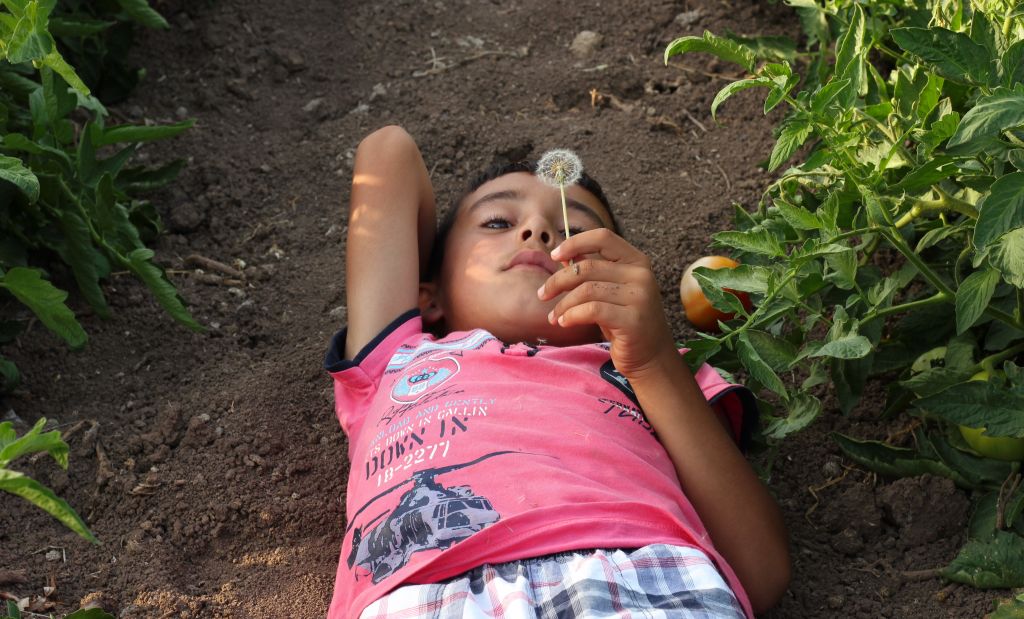
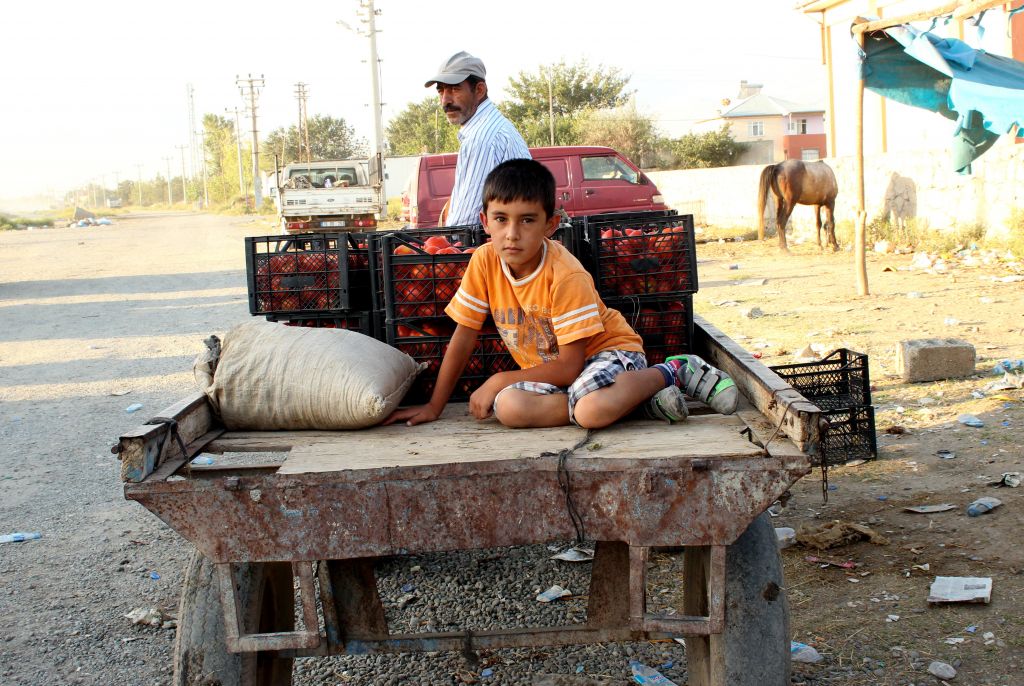 read more
read more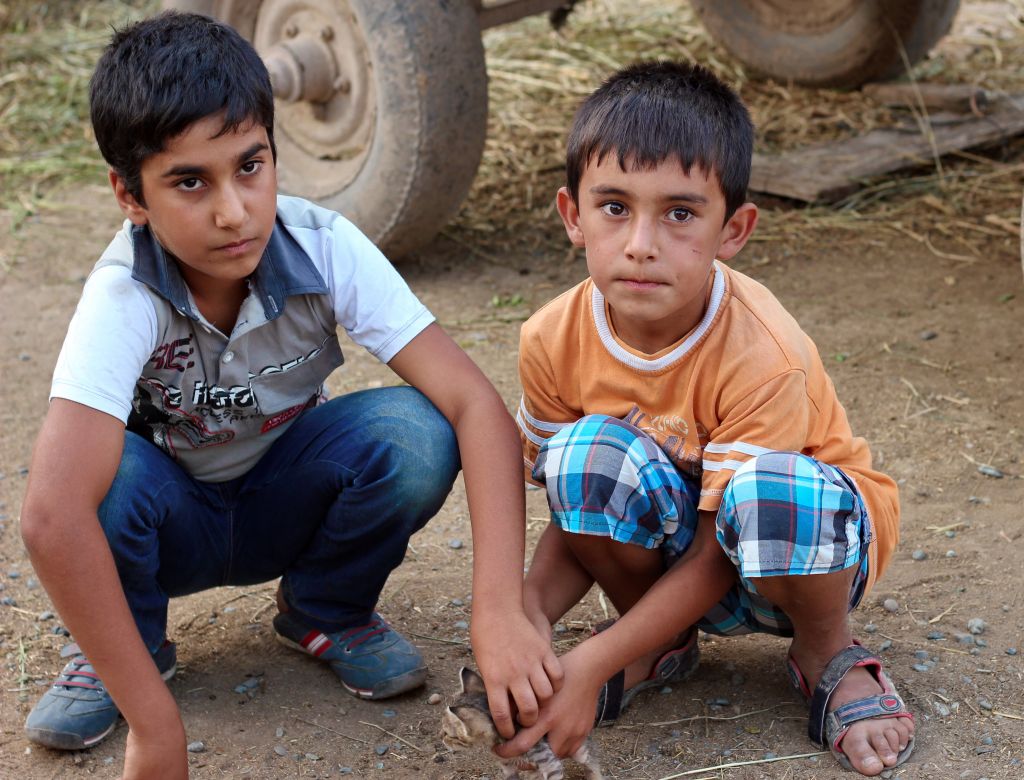
Authors:
- Cats in Riga, 17’
Production: LVA 2014The view of the Latvian capital through cats’ eyes and ears. While the news media sift through current affairs and the inhabitants of Riga focus on their daily cares, cats are completely occupied by their aimless wanderings through stairways, offices, and apartments, sublimely indifferent to the preposterous hustle and bustle of our civilization. There are hordes of silent witnesses all over the place, looking like they’re keeping a sharp eye on what’s going on around them. This ode to cathood plays with the notion of subjectivity in the perception of the world around us.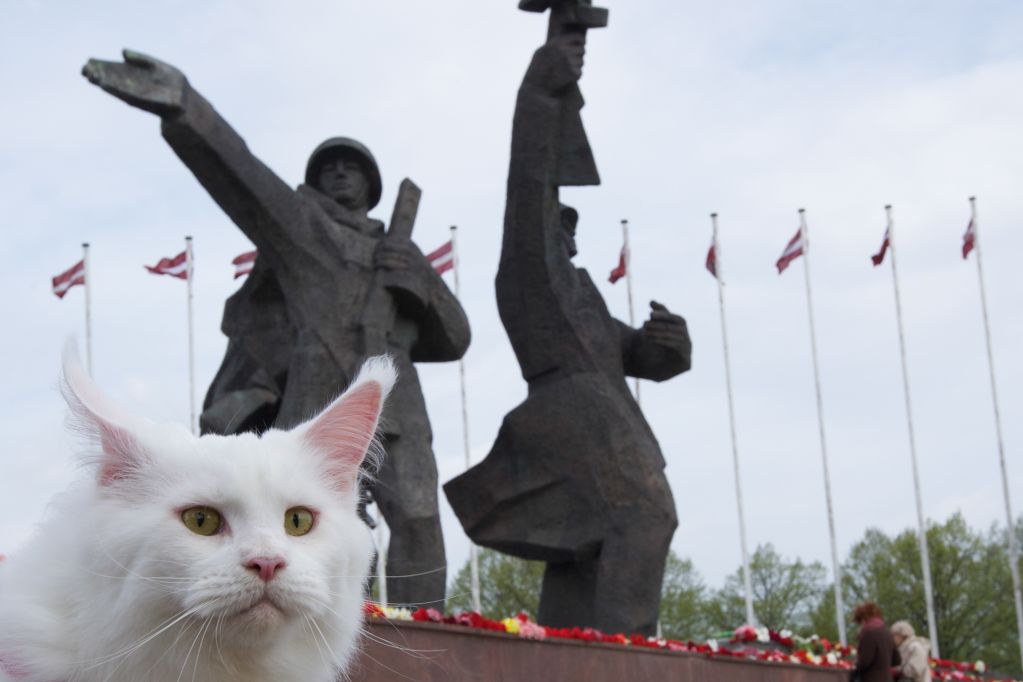
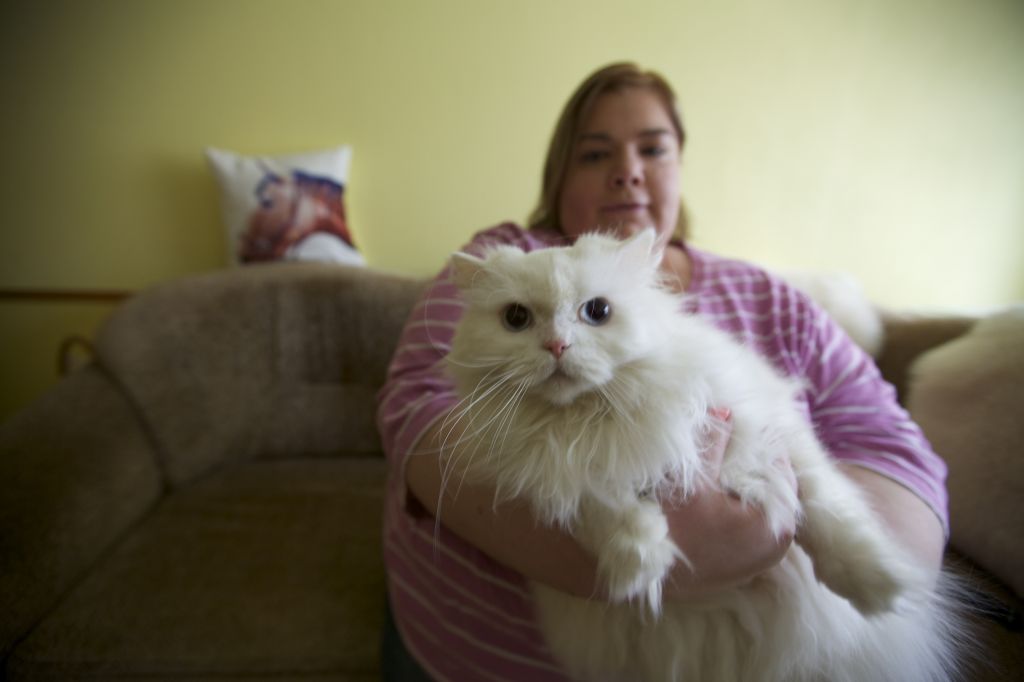

read moreAuthors:
- CONVERSATIONS, 21’
Productions: NL 2014
In the essay collage film “Conversations” the filmmaker unravels the hidden meanings of the personal archive of her grandmother. Her sight takes its place inside a feminine chain of memories. The film shows how objects can have an additional unexpected layer of meanings. As it turns out they connect to the Jewish background of her grandmother. The film is formed like a book, in three chapters with a special emphasis on text and voice.
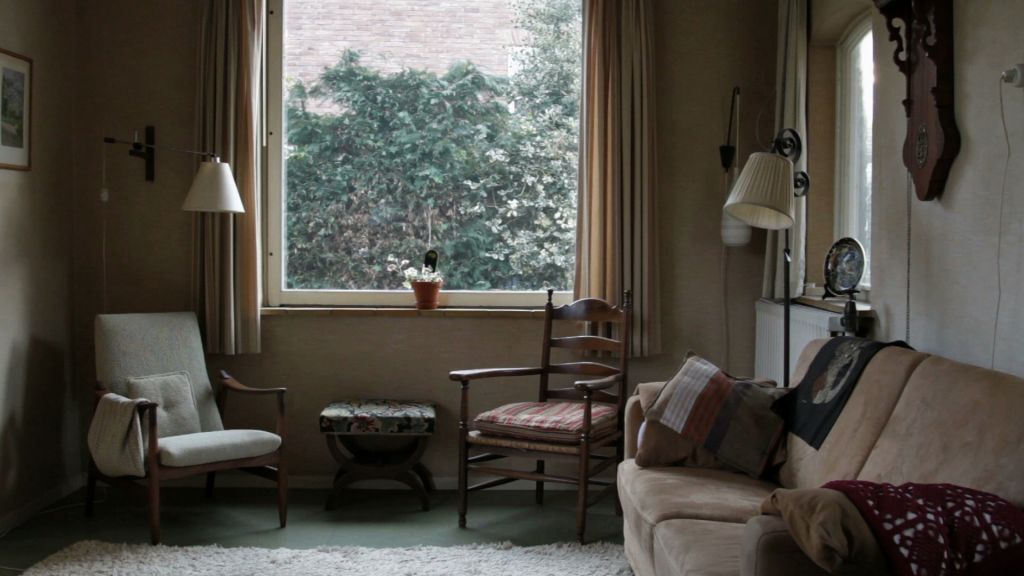
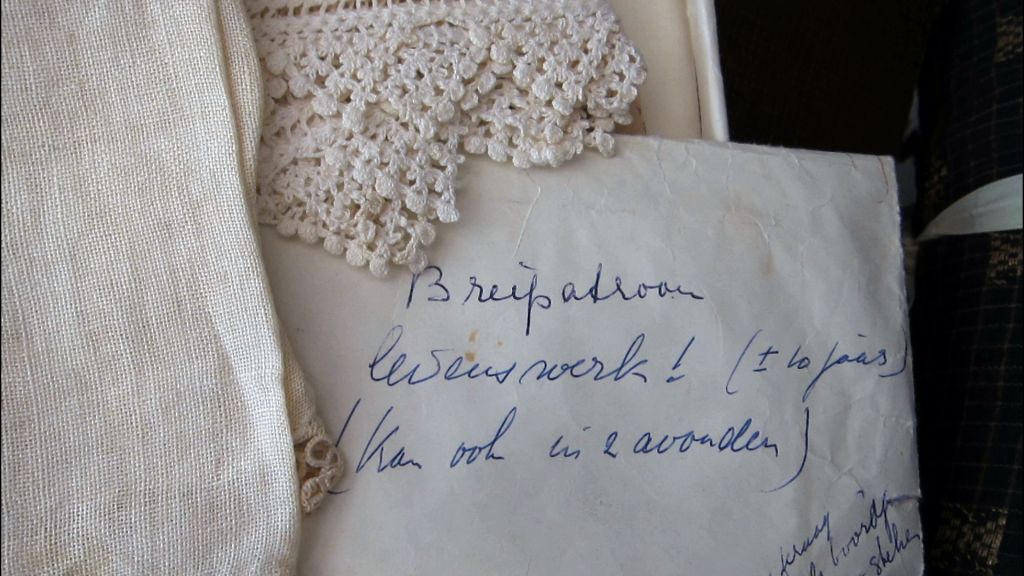
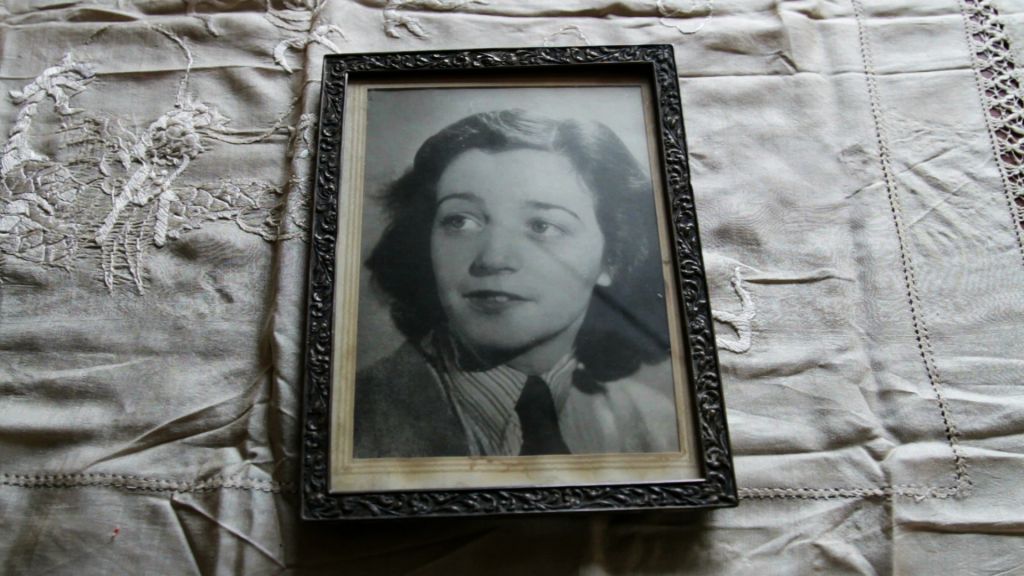
read moreAuthors:
- Maybe Darkness, 25’52’’
Production: FR 2014
An old Mediterranean family flat remained at a standstill for 150 years, as if stuck in time. Years pass by as generations come back to it every summer for holidays. The film exploresthe blurring of different timescapes in the space of the flat, intertwining the visual presences of the dead ancestors and the fleeting apparitions of the living family members. Through fragmented voices “Maybe Darkness” questions one’s relationship with familial past and cherished places.
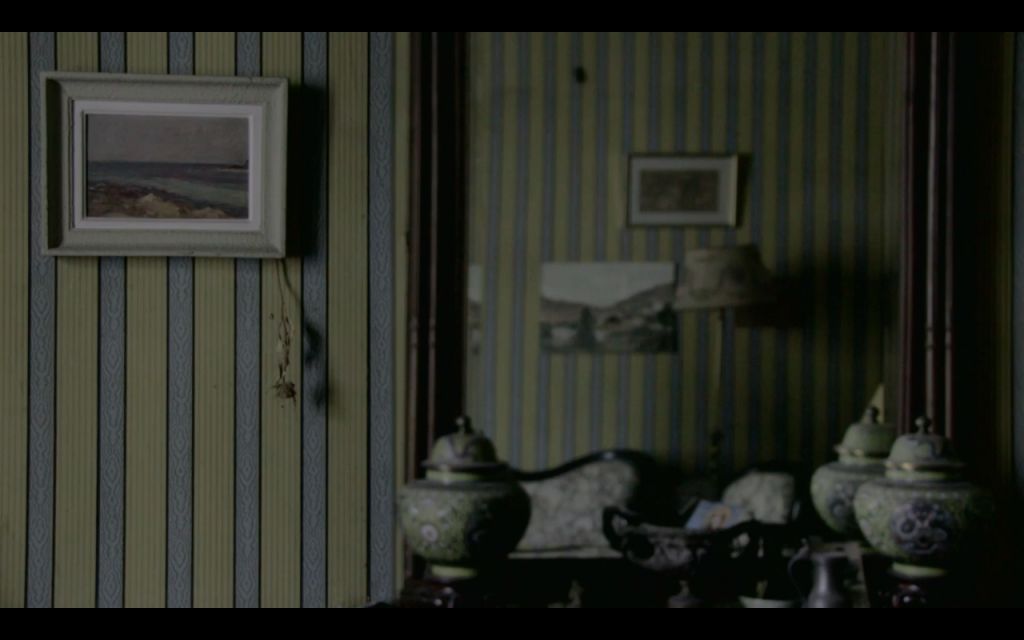
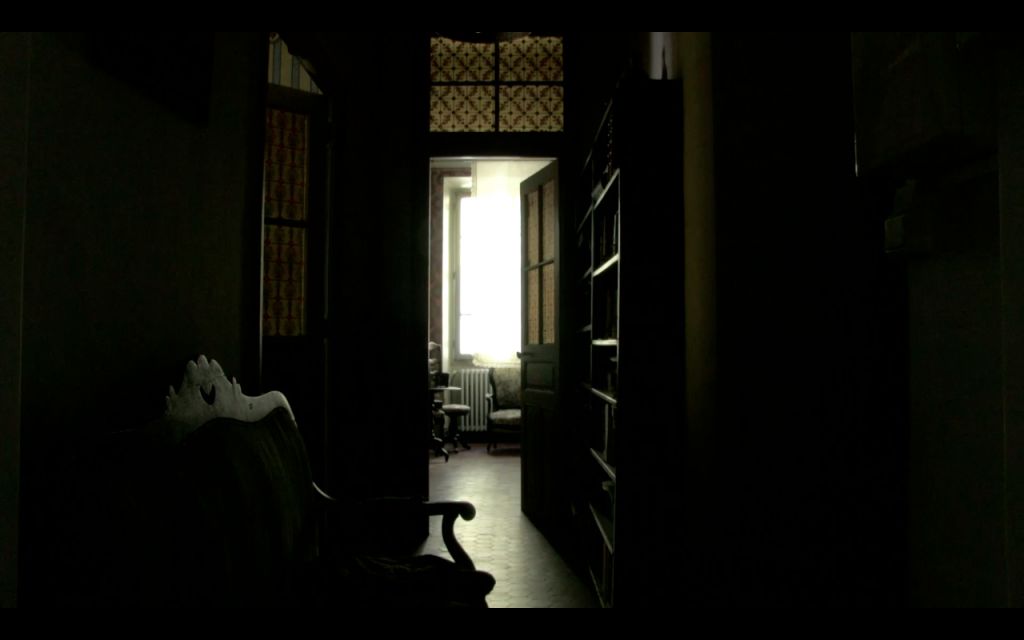
read more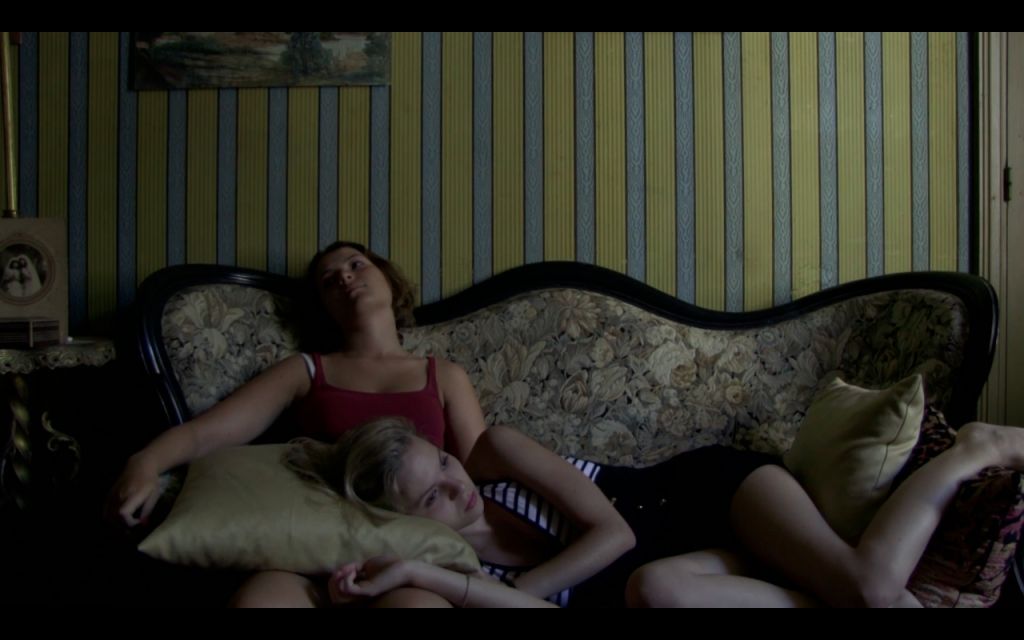
Authors:
- UGUMU, 21’03’’
Production: PL 2015
Since the late 19th century explorers from around the world were trying to climb Africa's highest mountain. Some of them made it to the snow-covered Uhuru Peak, others weren't successful and had to turn back. There were also those who lost their lives trying to climb “the roof of Africa.” Each year almost 200,000 tourists and climbers attempt to reach the top. A third do not succeed due to altitude sickness. However, many manage to finish the trek and receive certificates that confirm they climbed Uhuru. Meanwhile, nobody even hears about the real heroes of this risky expedition: the people who make climbing Kilimanjaro possible for tourists, and thus enabling them to achieve their goal and realize a dream. They are always overshadowed by the climbers – forgotten people... However, on occasion, the trail becomes birthplace of new friendships.
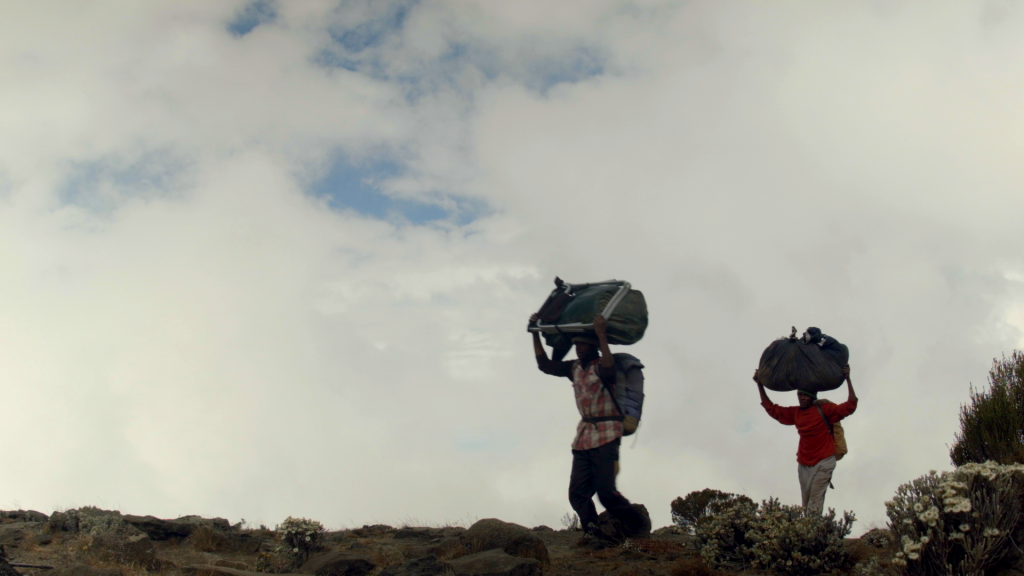
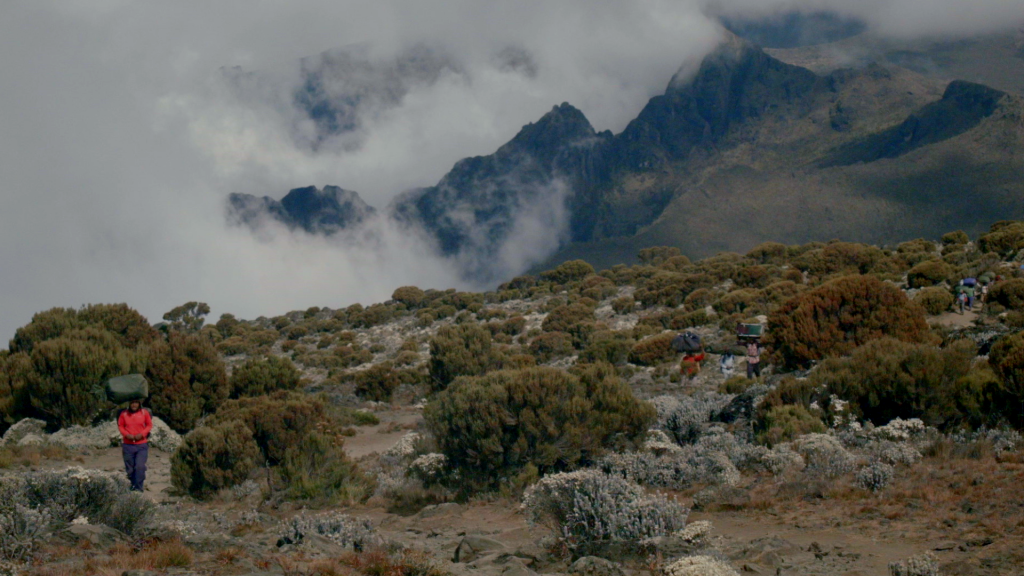 read more
read more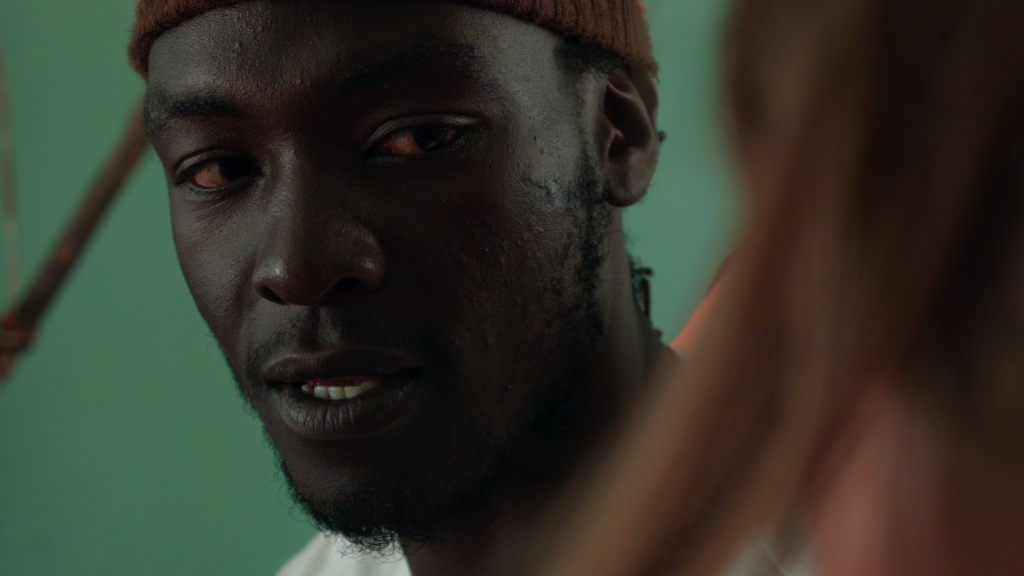
Authors:
how to get there
- Cats in Riga, 17’
24.10.2015
- 12:00 - 14:00, Akademia Sztuki, VARIA: „GRENZE/BORDER”
- 15:00 - 17:00, Akademia Sztuki, European Competition: Block 3
- 17:30 - 19:30, Akademia Sztuki, European Competition: Block 4
- 20:00 - 22:00, Akademia Sztuki, European Competition: Block 5
- 21:00 - 01:00, Český film, Chillout Zone: Famous people – True stories in film
- 22:00, Kana's Cellar, Shared Chillout Zone of the WEEKEND_100° project and the SEFF ’15 festival









